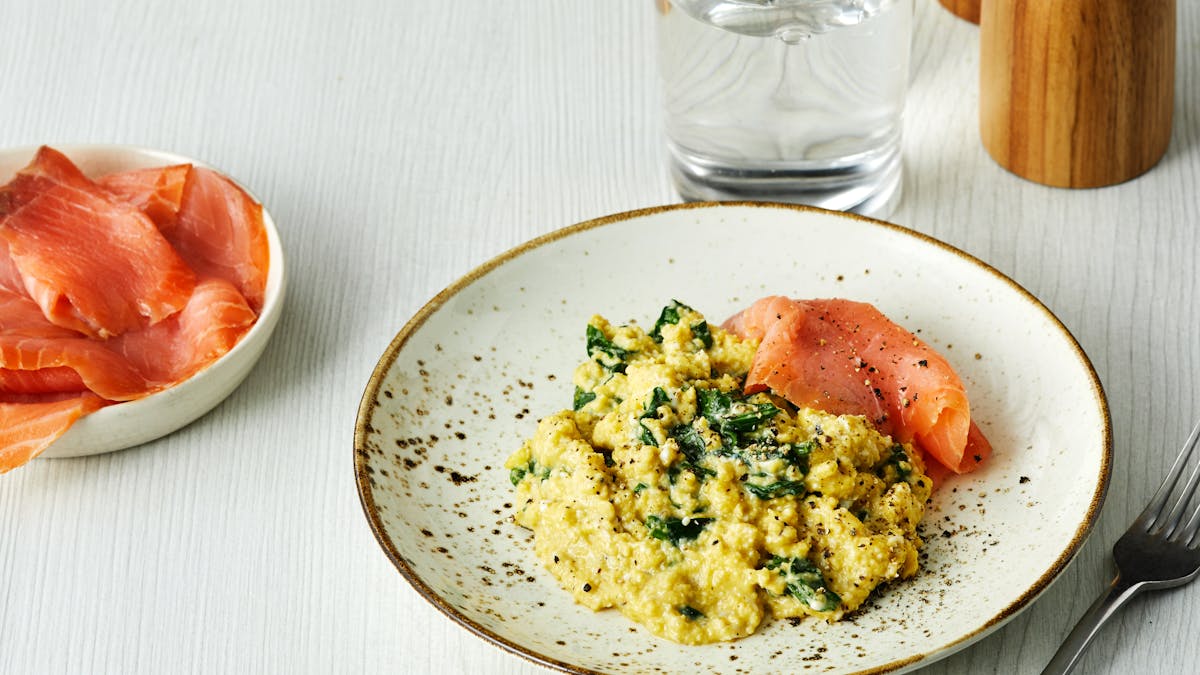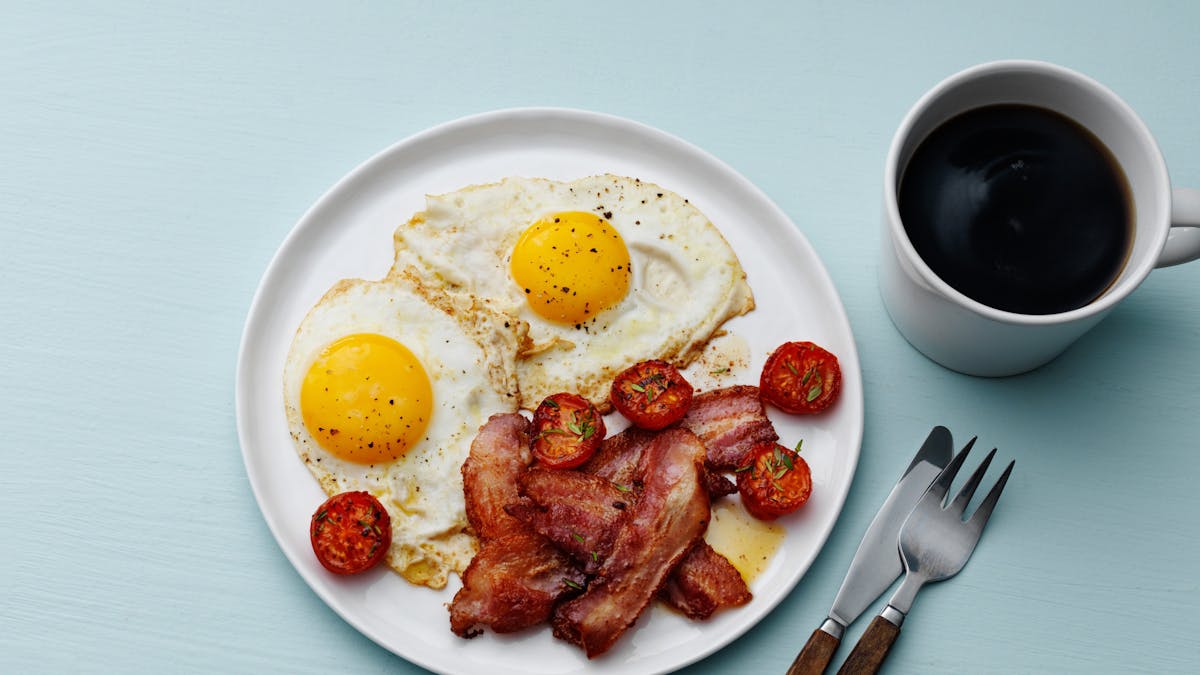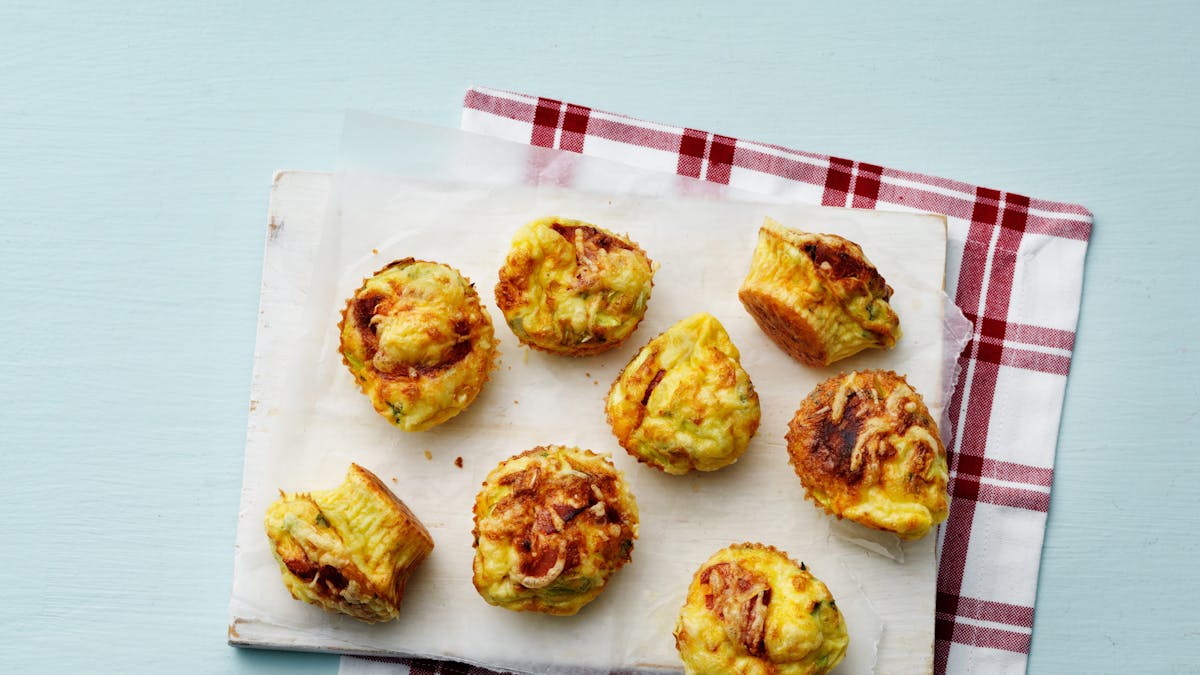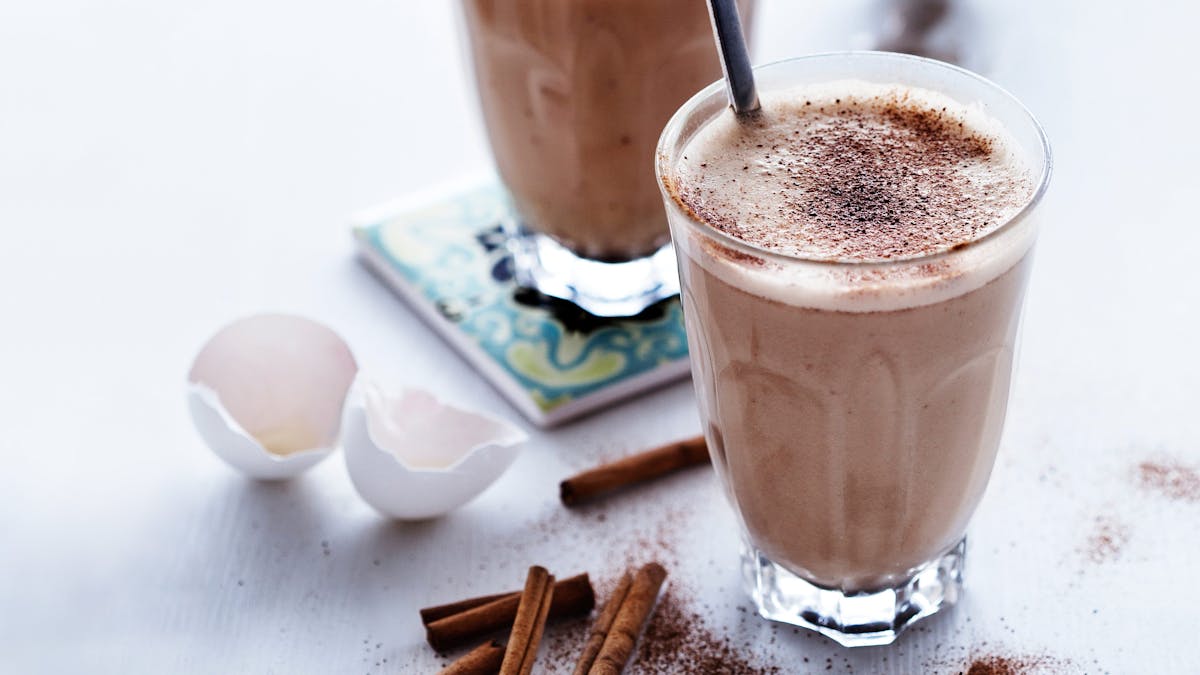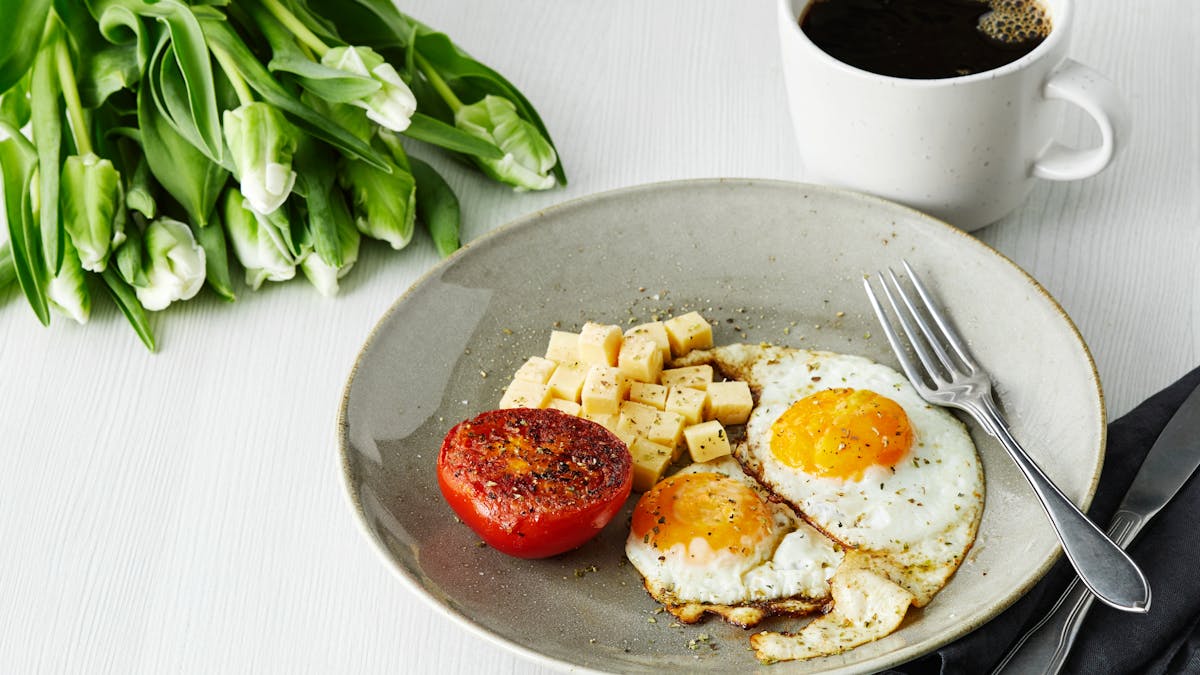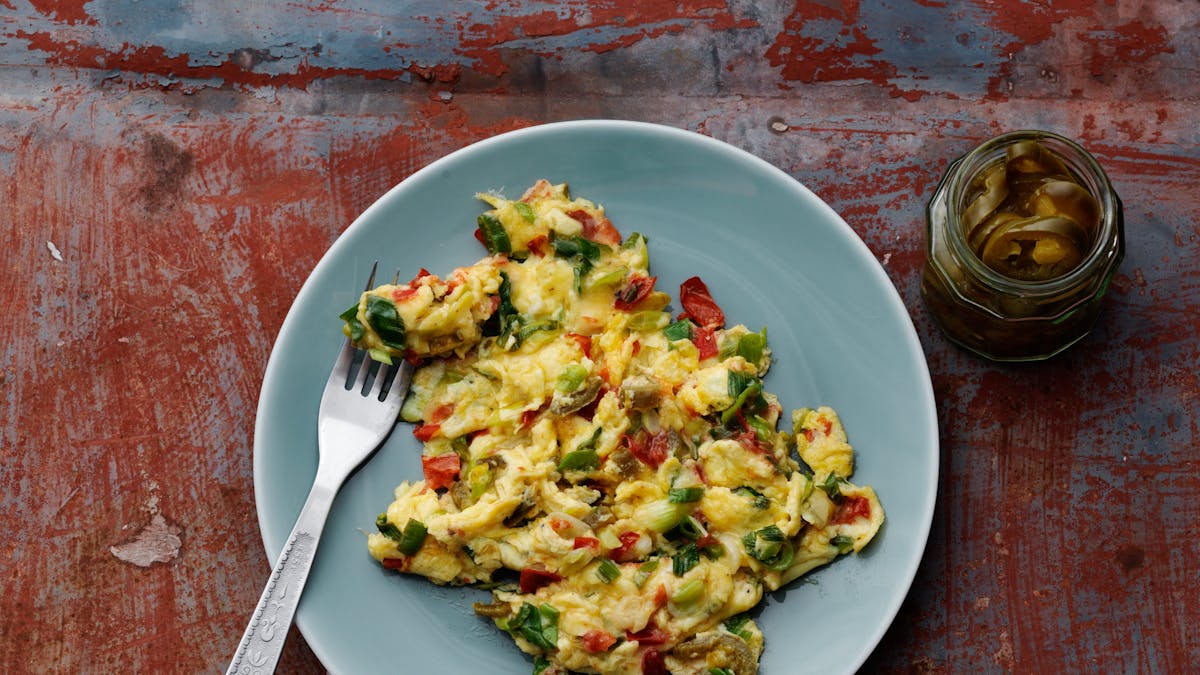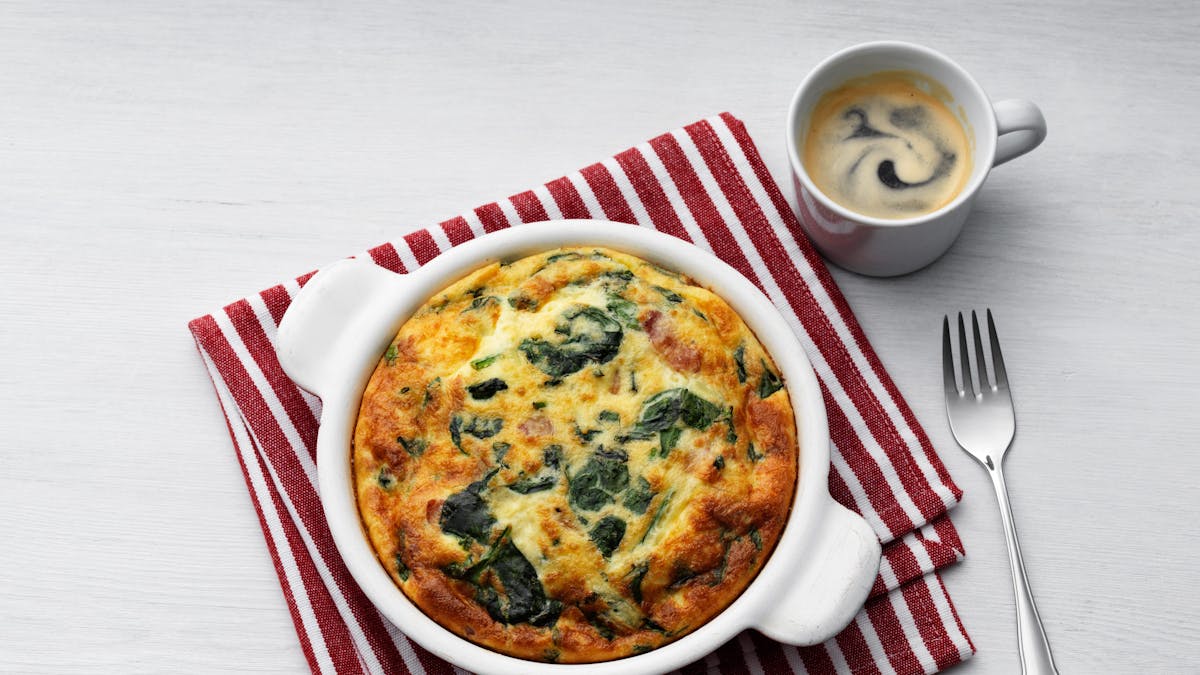Breakfast options
Our goal with the low-carb challenge is to make it as simple and tasty as possible.Scrambled eggs is a perfect breakfast for any day. Here are things you can add to your scrambled eggs. Choose one option, several or all of them:
- Fried bacon (you may have to buy some extra to add this on weekdays too)
- Butter on top of the eggs
- Smoked salmon (additional shopping required)
- Cheese on top of the eggs (sliced or grated, let melt on top)
- ½ – 1 avocado (additional shopping required)
Other options
Feel free to switch breakfast at any time – every day if you want – to any of the recommended below. Some extra ingredients may have to be bought (see below).
- Bacon & eggs: You may need to buy additional bacon, if you want this on weekdays too
- Scrambled eggs with spinach and smoked salmon: Requires buying some spinach and smoked salmon.
- Egg muffins: Requires buying a couple of additional scallions, some more bacon or chorizo, more shredded cheese and possibly extra pesto.
- Boiled eggs: Buy additional avocado or asparagus if you want to add.
- Dairy-free latte: Buy coconut oil, vanilla extract and ground ginger.
- Fried eggs with tomato and cheese: Buy a tomato and more cheese.
More breakfast options with additional shopping
These breakfasts require some additional shopping; pickled jalapeños for the mexican scrambled eggs, and fresh spinach for the frittata.
The no-breakfast option
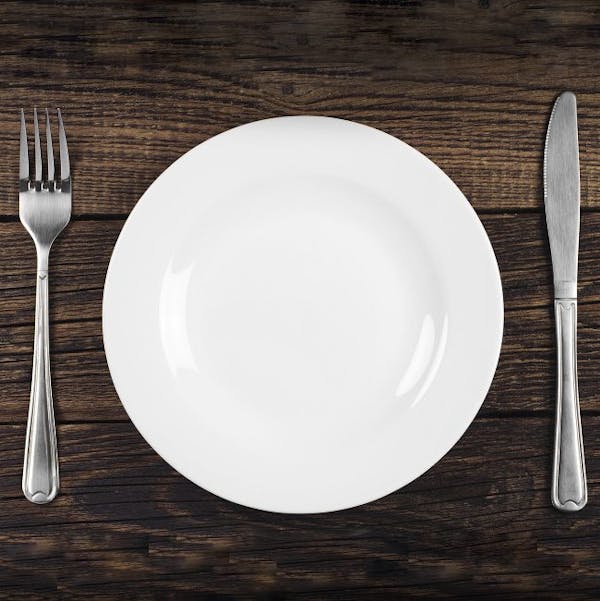 Skipping breakfast is normally fine on a low-carb, high-fat diet – as long as you’re not hungry.1 It may speed up weight loss and diabetes reversal.2
Skipping breakfast is normally fine on a low-carb, high-fat diet – as long as you’re not hungry.1 It may speed up weight loss and diabetes reversal.2
However, we do not recommend starting this habit during the two-week challenge. It’s better to change one thing at a time – what you eat.
Once you’ve gotten used to eating low carb – which normally takes several weeks – you may be ready to add intermittent fasting, like skipping breakfast.
The old idea that breakfast is important for health or weight control is mainly based on observational studies, a notoriously weak form of evidence.
When tested this idea does not appear to hold up, at least not for weight loss. A recent meta-analysis of randomized clinical trials found that people assigned to skip breakfast ate less overall and lost more weight than those assigned to eat breakfast daily:
British Medical Journal 2019: Effect of breakfast on weight and energy intake: systematic review and meta-analysis of randomised controlled trials [strong evidence]
Even the observational data is inconsistent, for example with findings like in the study below: “compared to breakfast eating, skipping breakfast was significantly associated with better health-related quality of life and lower perceived stress.”
International Journal of Environmental Research and Public Health 2018: Eat or skip breakfast? The important role of breakfast quality for health-related quality of life, stress and depression in Spanish adolescents [weak evidence] ↩
To our knowledge, there are still no randomized trials exploring the effect of true (zero calorie) intermittent fasting on type 2 diabetes. Here are the best existing studies:
BMJ Case Reports 2018: Therapeutic use of intermittent fasting for people with type 2 diabetes as an alternative to insulin [very weak evidence]
JAMA Network Open 2018: Effect of intermittent compared with continuous energy restricted diet on glycemic control in patients with type 2 diabetes: a randomized noninferiority trial [moderate evidence]
Diabetes Research and Clinical Practice 2016: The effects of intermittent compared to continuous energy restriction on glycaemic control in type 2 diabetes; a pragmatic pilot trial [moderate evidence] ↩
